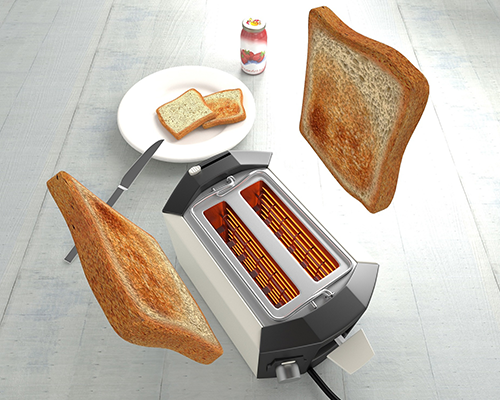Knowing that weight is one of the factors involved in the cost of a move, and that appliances tend to be heavy, Brooklyn homeowners sometimes ask if there’s any point in moving appliances to a new home, or if they’d be better off replacing it instead.
To answer that question, it helps to know how old your appliance is, and the expected useful life for that type of appliance. Remember that the expected useful life is simply an estimate – some appliances will fail prior to reaching the expected useful life, while other appliances continue working well longer than expected. That being said, if your refrigerator is 15 years old and you know that refrigerators have an expected useful life of 14-17 years, this may impact your decision on whether to move or replace it. Compact, apartment size refrigerators have a shorter expected useful life than full-size refrigerators.

Another factor to consider when deciding whether you want to move or replace your appliances is the appliance’s condition. Does your appliance work well? This is particularly relevant when you consider your small appliances like the microwave, coffee maker, toaster oven, or toaster. If your coffee is always kind of cold or the toaster burns the bread more often than not, your neighborhood move might present the perfect opportunity to replace it.

Finally, everyone has a budget. Choosing not to move a washing machine can save you money on your move, but do you have the financial ability to spring for a new one upon moving into your new house? Relevant to this question is how dependent your household is on that particular appliance. A single person or small household may be comfortable using the laundromat until a replacement washer can be purchased, while the same option may not be viable for a family with small children.
Summing up: when deciding whether to move or replace an appliance, consider the age and condition of the appliance, as well as your budget.

